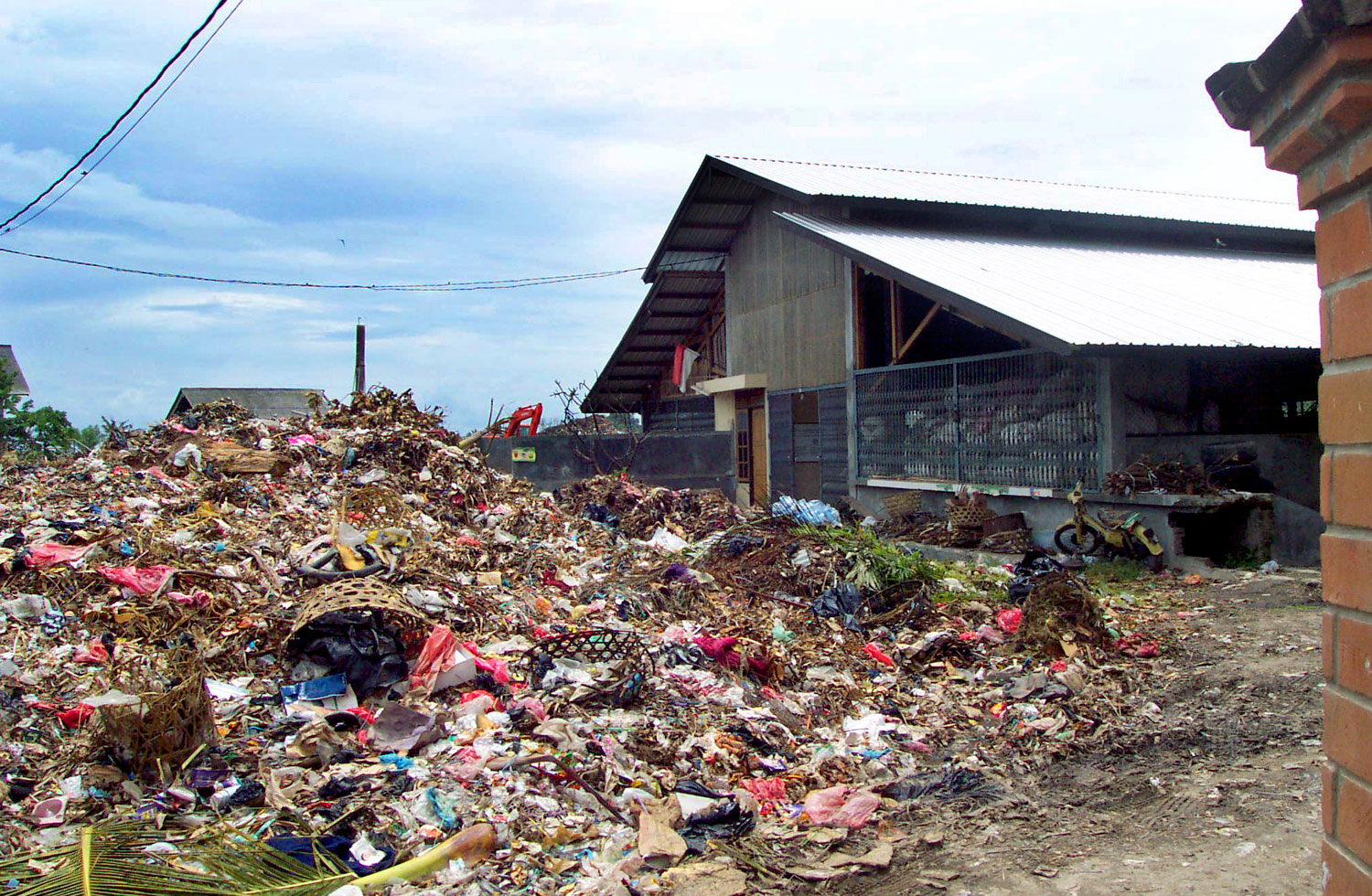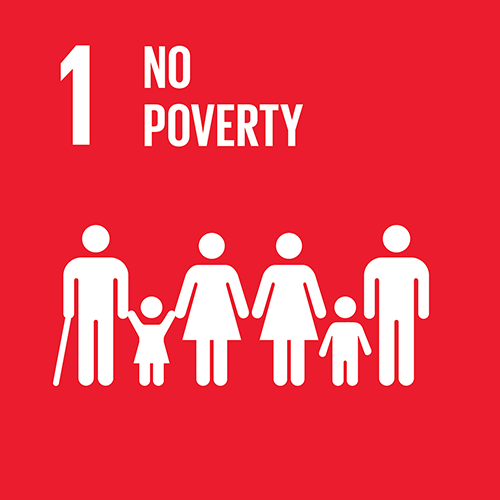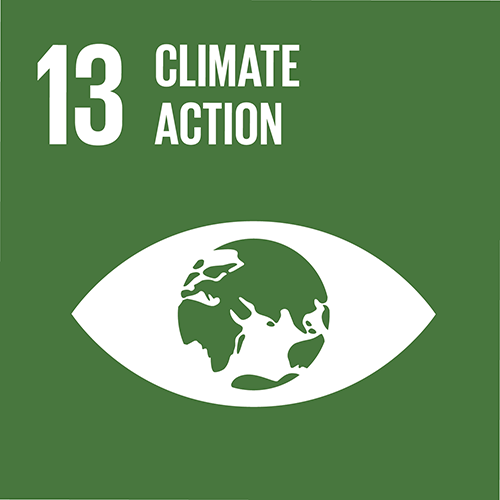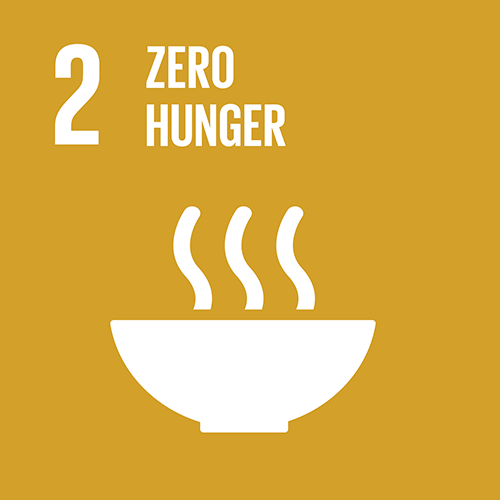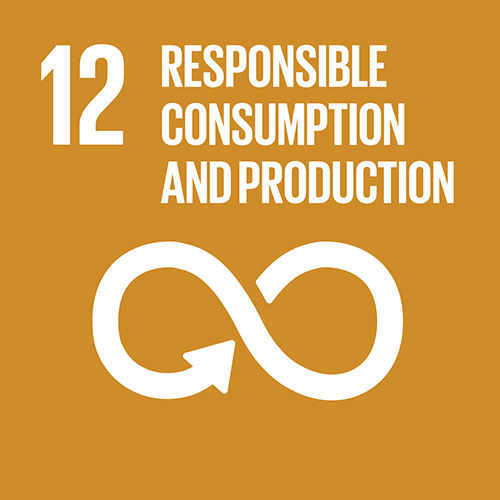Composting Avoids Methane Emissions in Indonesia
Project type: Waste Management and Compost
Project location: Province of Bali, Town of Temesi
Project status: Completed, no credits available
Annual emission reduction of the whole project: 8,500 t
The climate protection project on Bali composts organic waste that previously had to be dumped. In this way, methane emissions from the tip can be avoided and high-value compost is being produced.
Bali, the most important tourism destination in Indonesia, has a growing waste problem which is already having an impact on the tourism sector. In the so far untouched landscape, waste is being illegally disposed of in rivers and lakes, canals, and along the streets. The small amount of gathered waste from the project region Gianyar, in the southeast of the island, is disposed of on a tip in the vicinity of the village Temesi. The methane developing from such a tip is neither collected nor burned and therefore rises unhindered into the atmosphere. Methane is one of the most harmful greenhouse gases and contributes in large quantities to the destabilization of the climate.
In the face of the deterioration of the situation on-site, the Rotary Club of Bali Ubud decided to counteract this problem and planned and implemented a composting plant.
85 per cent of the waste in this region is derived from organic material, which can be composted and does not have to be brought to the tip. Another 5 percent, mainly plastics, can be recycled so that after the implementation of the project only 10 percent are dumped on the tip. Since aerobic composting does not cause methane emissions, a considerable reduction of greenhouse gas emissions can be achieved.
In addition to the effect on the climate, the local population also benefits, in that the air pollution from the tip is reduced, the waste volume is reduced by around 90 percent, and different jobs on-site are created.
All parties involved hope that through this model project, which was started in May 2008, composting will spread to new areas on Bali and all of Indonesia. A theme park next to the plant will sensitize visitors to the waste problem and give them a better understanding of composting.
And have a look at more pictures on myclimate-Facebook!
This project contributes to 9 SDGs (as of end 2021):
Find out how myclimate reports these SDGs in our FAQ.
The following SDGs are verified by the Gold Standard:
The activity creates employment opportunities for 124 people of the poorest section of the population.
The reduction of waste reduces the contamination of water and soil.
By avoiding the dumping of waste in the landfill the project activity leads to an improvement of the groundwater quality.
132,000 tonnes of organic waste collected.
87,000 tonnes of CO2 avoided.
These SDGs have been approved by myclimate:
The use of compost increases the yield of the farmers.
The visitors centre educates school classes about sustainable development, waste management and climate change.
124 jobs created.
Over 19,000 tonnes of compost have been produced and lead to a reduction of chemical fertilizer usage.
Situation without project
Methane emissions from landfillDocumentations
Project standard

Project number
7117
